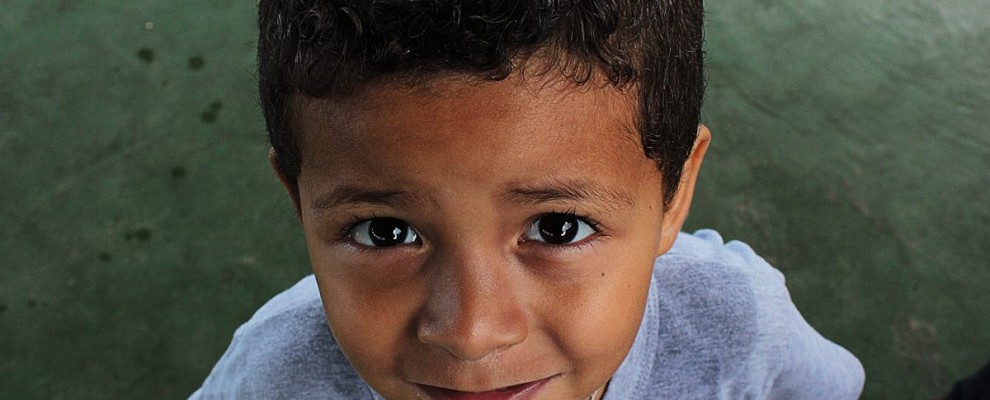Categories:

Childhood Resilience: Mobile Tools Can Help Parents Foster Emotional Health
We’ve been hearing a lot lately about the importance of resilience – the capacity to recover quickly from difficulties or adapt to serious hardship. Studies have shown that resilience is a key driver in the emotional – and often, physical – health of both children and adults. (Children, July 2018) But what is it that gives some people the ability to hold their own or even flourish when confronted with threats to their well-being such as neglect or abuse, separation or loss, terror, war, natural disasters, poverty, or hospitalization? The answer is multi-faceted. And of course, not all children are threatened by such dramatically adverse situations. However, today’s families are under tremendous stress due to many factors – single parenting, financial worries, overbooked schedules, online bullying – which can damage both physical health and psychological well-being. A better understanding of why some children do well despite early adversity is important for developing wellness programs and tools that support positive emotional development.
Kids Need Support from Adults
While children who respond well to hardship may have some natural resistance to adversity, the strongest predictor of resilience is the presence of at least one stable relationship with an adult. This may be a parent, but it may also be a caregiver, teacher, coach, or mentor. Connections with caring adults provide structure, protection, and positive experiences in dealing with changing circumstances. (InBrief: The Science of Resilience, Harvard Center on the Developing Child) Adults can also help children develop skills for adapting to adversity. In his book, Building Resilience in Children and Teens, Kenneth R. Ginsburg, MD, FAAP outlines the “Seven Cs” of resilience:
- Competence:When we notice what young people are doing right and give them opportunities to develop important skills, they feel competent. We undermine competence when we don't allow young people to recover themselves after a fall.
- Confidence:Young people need confidence to be able to navigate the world, think outside the box, and recover from challenges.
- Connection:Connections with other people, schools, and communities offer young people the security that allows them to stand on their own and develop creative solutions.
- Character: Young people need a clear sense of right and wrong and a commitment to integrity.
- Contribution:Young people who contribute to the well-being of others will receive gratitude rather than condemnation. They will learn that contributing feels good and may therefore more easily turn to others and do so without shame.
- Coping: Young people who possess a variety of healthy coping strategies will be less likely to turn to dangerous quick fixes when stressed.
- Control:Young people who understand privileges and respect are earned through demonstrated responsibility will learn to make wise choices and feel a sense of control.
Dr. Ginsburg and the American Academy of Pediatrics believe that fostering this “emotional intelligence” throughout the stages of a child’s development should go hand-in-hand with promoting physical health. However, many parents lack adequate information on how their parenting choices can impact their child’s social and emotional development – thus impacting their overall well-being.
Parents Need Support, Too
Intelligent mobile tools can guide parents throughout a child’s development – teaching them at each stage the importance of promoting self-esteem, building confidence, forming connections, encouraging cooperation, building character, fostering empathy, offering choices, encouraging activity, and developing positive social skills. These tools can also provide parents with tips for taking care of their own emotional health and well-being ("putting your own oxygen mask on first"). Parents cannot protect children from all the ups and downs of life, but they can help them feel safe and develop the skills to cope with adversity. Smart tools that build capacities in both parents and children, combined with complementary strategies such as employee assistance lines, can improve the overall health and well-being of families and ensure that they thrive. Does your employee assistance program support parents in developing the emotional health of their children as well as their physical health?
